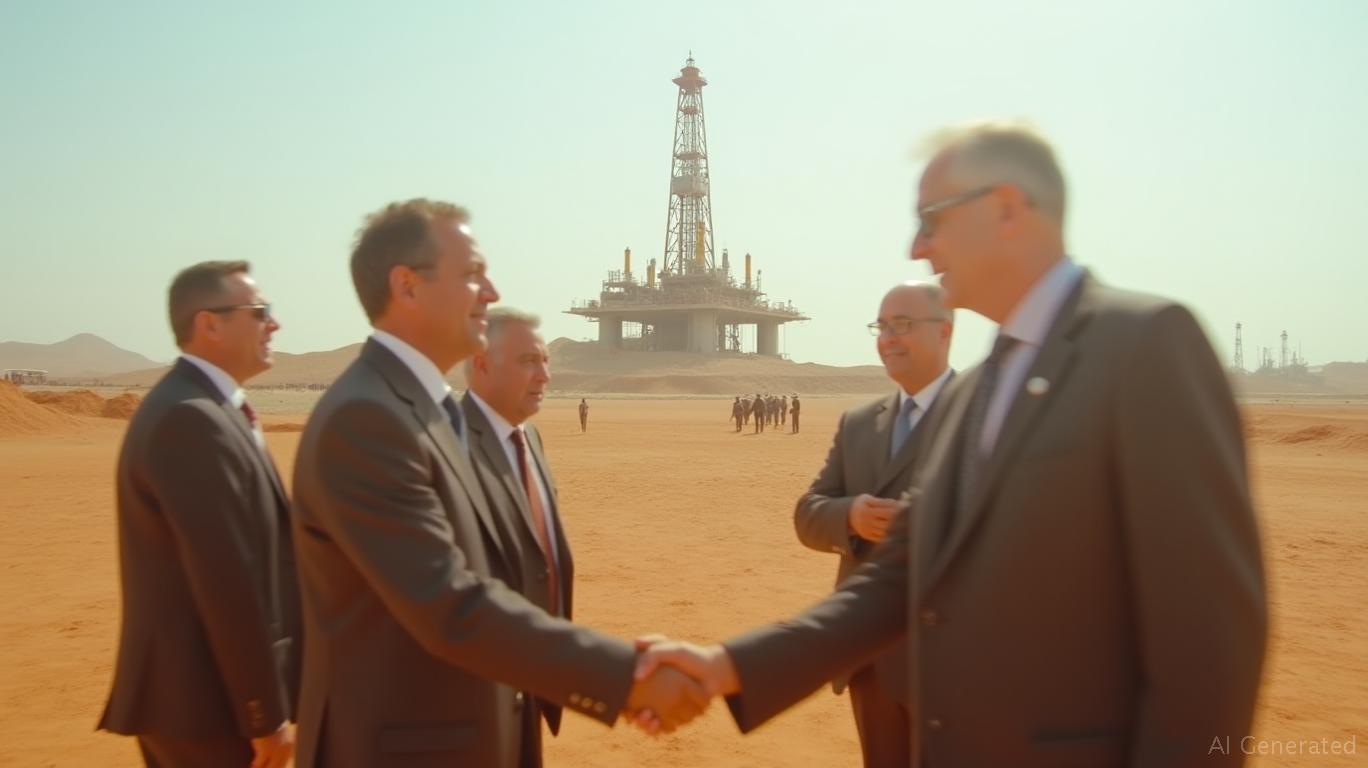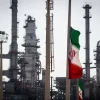Energy Giants Return to Libya: A New Era in North Africa
After years of instability, Libya is once again emerging as a critical node in the global energy landscape. British energy giants Shell and BP recently signed strategic agreements with the National Oil Corporation (NOC) of Libya, marking a major step in revitalizing the country’s oil and gas capabilities. These agreements go far beyond economics—they carry deep geopolitical implications as well.
Why Now? Libya’s Strategic Position in Global Markets
Libya holds the world’s ninth-largest proven oil reserves. With 4.9 billion barrels of confirmed reserves—and speculative estimates reaching 48 billion—the country has long remained underexploited. Recent political stabilization has opened a new window of opportunity. The NOC’s 2025 bidding round for 22 new exploration blocks attracted 37 global companies, including BP and Shell. The new contract terms offer investors a 35.8% internal rate of return (IRR), up from a mere 2.5%, making projects like BP’s Sarir and Shell’s Atshan especially appealing.
Legal Frameworks: A Gateway for Foreign Strategic Presence
International legal norms allow foreign energy companies operating with host-state consent to implement comprehensive protective measures. These can include technical personnel and private security forces sourced directly from the company’s country of origin. Supporting infrastructure like camps, storage facilities, and logistics routes fall under these agreements—allowing a strategic foothold under the cover of economic activity.
Energy Companies as Economic Embassies
Large-scale oil and gas projects often operate with diplomatic-like immunity, similar to the British East India Company model. In its prime, that company maintained over 260,000 troops and shaped geopolitics across the Indian subcontinent. Today, energy companies serve as modern instruments of national power projection.
Geopolitical Realignment After Ukraine
Since Russia’s invasion of Ukraine in February 2022, BP and Shell have spearheaded the UK’s effort to diversify energy sources and weaken Russia’s oil revenues. NATO Secretary-General Mark Rutte has recently warned of potential military threats from Russia within the next five years—making energy diversification a matter of strategic urgency.
Egypt as a New Geopolitical Energy Hub
Egypt has emerged as a central arena for competition among Western, Chinese, and Russian energy interests. Chevron and Shell now co-own key offshore blocks—North Samin and Northwest Atoll—while Shell has launched phase 10 of the West Delta Deep Marine gas field. BP has pledged $3.5 billion in investment in Egyptian gas exploration, a figure that may double if exploration succeeds.
Europe’s Broad Energy Strategy: From Libya to Syria
Beyond Egypt, major European players like Italy’s Eni, France’s TotalEnergies, and Spain’s Repsol are heavily invested in Egypt’s energy sector. Meanwhile, the recent removal of Bashar al-Assad from power in Syria by UK and US-backed efforts has paved the way for Western energy companies to gain a physical foothold in that country as well.
Libya’s Untapped Potential
With 91 billion barrels of unutilized oil and gas resources, Libya remains Africa’s largest reserve holder. The 2025 tender includes 11 onshore and 11 offshore blocks, some in regions previously unexplored. This presents Shell and BP with access to low-cost energy assets that are crucial for Europe’s long-term energy security.
Infrastructure and Security Challenges
Despite progress, Libya’s oil sector faces significant challenges: outdated infrastructure (e.g., Zawiya refinery’s 2024 shutdown), militia control of key fields, and foreign interference from Russia’s Wagner Group and Turkey’s TPAO. Nonetheless, new PSAs ensure risk-sharing mechanisms that protect investor interests while aligning with national goals.
BP and Shell Expand in Iraq and Libya
On July 8, BP signed a MoU to redevelop the Sarir and Messla fields in eastern Libya and explore unconventional oil and gas. In parallel, BP is also expanding in Kirkuk, Iraq. Shell, meanwhile, signed a development agreement for the Atshan field in southern Iraq with the NOC on July 7.
Conclusion: Libya at the Heart of a Global Energy Shift
Libya, once sidelined by conflict, is reclaiming its place as a core energy supplier. With billions in untapped reserves, revamped legal frameworks, and declining geopolitical risk, companies like BP and Shell are leading a renewed scramble for influence. Whether driven by profit, politics, or long-term energy security, the West’s return to Libya marks a turning point for North Africa and beyond.






